Shinnecock Inlet
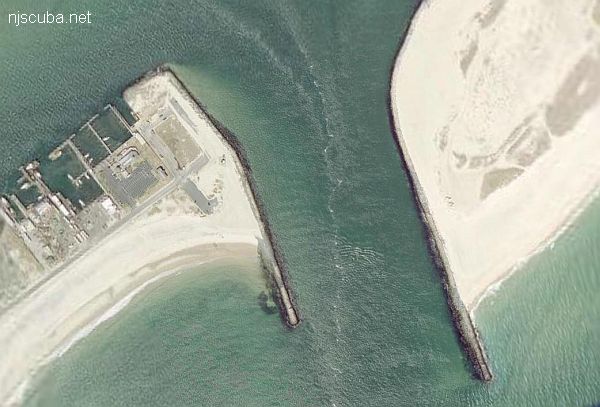
The Shinnecock Inlet is located in the Hampton Bays on Long Island. The inlet is one of the only major inlets on the south shore and sees a great deal of boat traffic during the summer months. With that in mind, this inlet also sees a great deal of diver traffic as well.
The inlet is formed by two rock jetties, one on the east and one on the west side of the inlet. The west jetty is the most frequently dove because of its easy access and parking area. West jetty dives start by suiting up at your car and walking along the beach and entering the water near the jetty. You can only dive the ocean side of the inlet and you must remain out of the inlet. This is for your own safety and besides, it's against the law to dive in the inlet, and police like to frequent this area. During the summer months, visibility can be up to 20 ft depending on the Gulf Stream. The best time to dive the inlet is about 1 hour and 21 minutes after the reported high tide listed in Newsday.
After entering the water you will feel the surge from the natural wave action around the jetty. Don't worry about the surge it goes away as you approach the tip of the jetty. Make sure to stay where the rocks and the sand on the bottom meet. If you get too close to the jetty near the surface you could end up in trouble. I can remember getting flipped over some rocks and seeing another diver getting his arm smashed into one of the rocks. Remember to watch your compass (head south) and make sure the rocks stay on your left. After you get to the tip of the jetty, about 20 ft deep, you can round the tip and the depth slowly get deeper up to about 90 ft in the hole.
The sea life around this inlet is truly outstanding. The last time I was out at the inlet I saw a large number of blue claw crabs, spider crabs, and a wide variety of fish. That was in late May and from that time on I understand the life only gets better. If the Gulf Stream happens to swing by the island, it carries any kind of life imaginable to include stingrays, sand sharks, and tropical fish.
The east jetty is no less spectacular than the west jetty. It is, however, a little harder to get to. To get there you have 4 wheel drive and since this area is a Suffolk County Park you will probably need a permit. This area is not frequented as much as the west jetty so may not be busy with other people diving and fishing if you want to do some spearfishing or heavy bug hunting. Just keep in mind that it is still illegal to dive inside the inlet.
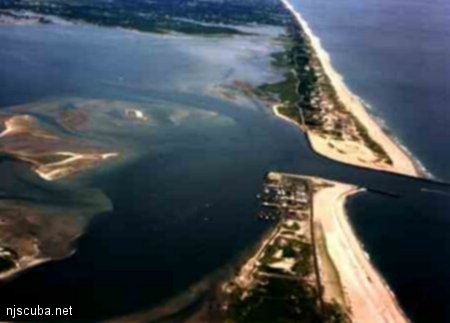
Directions:
To get to the west jetty take 27 (Sunrise Highway) east to exit 65. Go south to the traffic light and take a left on to 27A (Montauk Highway). Continue to the second light and make a right onto Ponquogue Avenue. Continue south to the end of the road and hang a left onto Tiana Road. Stay on Tiana Road until you get to Foster Avenue. Follow Foster Avenue over the bridge and hang a left at Dune Road. Continue on Dune Road till the end and park.
To get to the east jetty take 27 (Sunrise Highway) east to exit 65. Go south to the traffic light and take a left on to 27A (Montauk Highway). Go past the Shinnecock Canal and the Indian Reservation until you get to Halsey Neck Lane. Take a right and continue to the end. Make a right onto Dune Road and continue to the end.
-- Roger T. Mailler

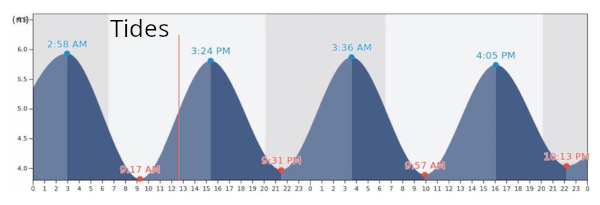

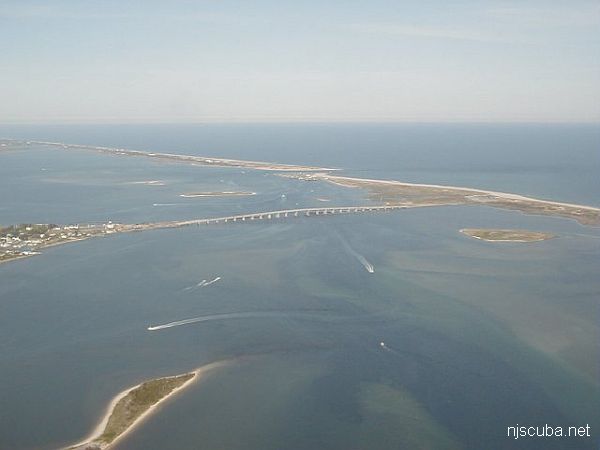
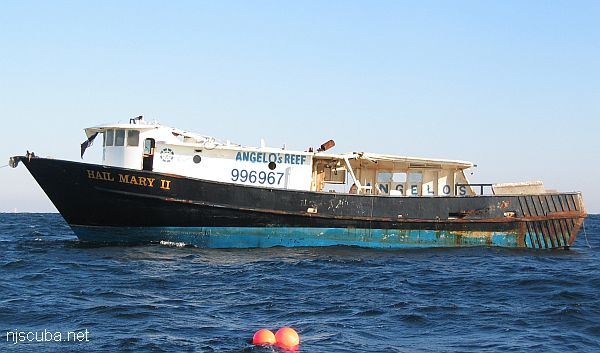
Questions or Inquiries?
Just want to say Hello? Sign the .